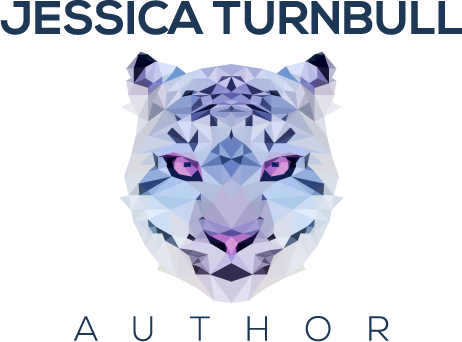Hi all!
This week I'm going to talk about dedicating Blood and Water to my grandfather.
At first, I wasn't really sure if I would use the 'dedications' page in my book, I didn't really think about it too much. But, then my grandfather got admitted to hospital. Although he's much better now, the thought of him being so ill hasn't left me.
So, I thought I'd put his name in Blood and Water.
Yesterday I gave him the very first physical copy of my book and he absolutely loved it. He even said he would read it before he went to bed!
Throughout my writing journey, he has always supported me and read my stories. Even when I was younger writing about Warrior Cats and stories about my own cat, he continued to read them and encouraged me to keep going. He loved hearing my ideas about Rocky being a spy cat or a runaway feline trying to find his way back home. The ideas were silly, but he still encouraged he to keep going.
Almost every time I see him, without fail, he'll ask how my writing is going. He's known of my plans to become an author since I was young, and never tried to dissuade me from following my dream.
Although there are many people (and cats) I can dedicate my books to, I wanted him to be the very first. I wanted to thank him for supporting me.
He didn't notice the dedication at first because he was so excited, but once I pointed it out he was ecstatic.
Me and my grandfather
In my mind, there was no-one who deserved the first dedication more than him. Some authors choose not to dedicate their books to anyone, which is their own choice. Don't feel put off by adding a dedication, it just shows that you want to highlight the person in your work as a thank you. You don't even have to dedicate books to a person, you can pick an animal or organisation if you want. It's your work, do whatever you want with it, and don't let other people tell you otherwise.
That's it for this week! Next week I will be attending the launch party for the anthologies that I was published in earlier in the year: Adverbially Challenged Volume Four and Sensorially Challenged Volume Two. So, my next post will be about that experience and how I'm going to attempt to reduce my anxiety beforehand.
See you next week!







